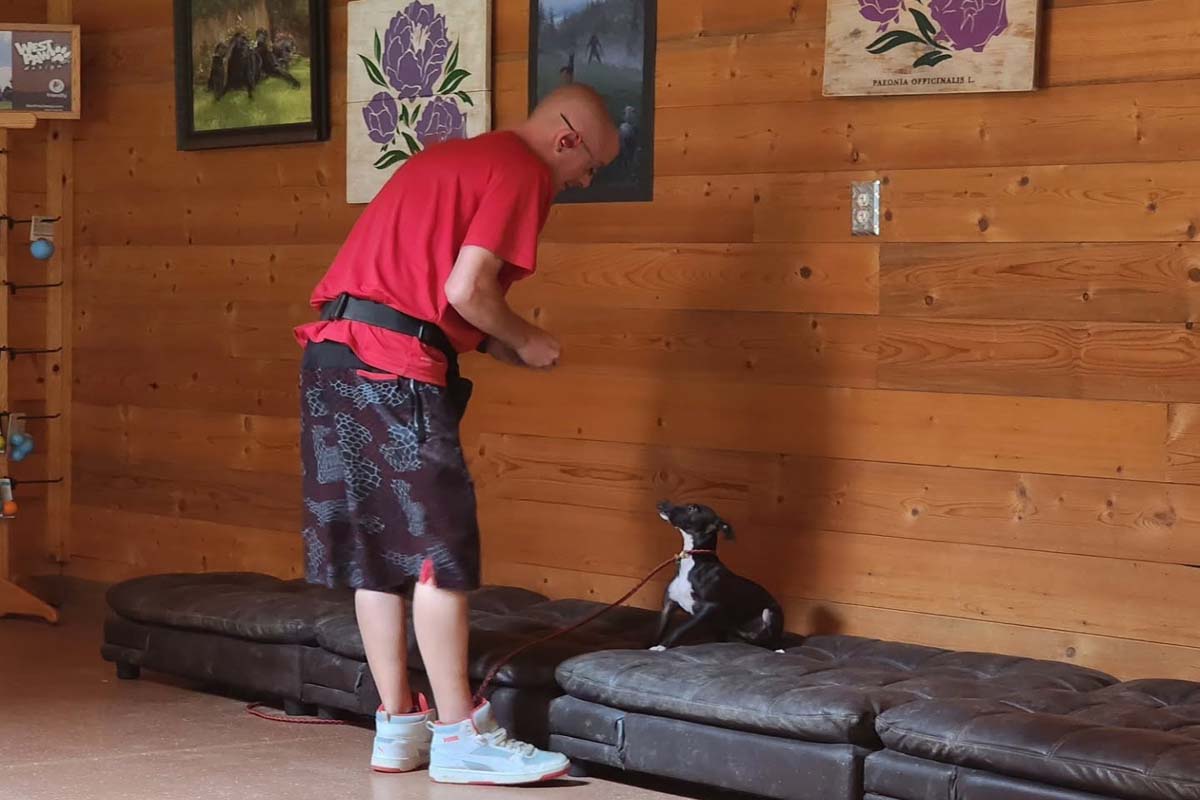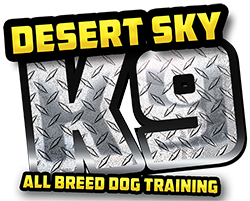Leaving your dog in someone else’s care can be stressful. Whether you’re traveling for work, taking a vacation, or handling an emergency, you want to know your dog will be safe, happy, and treated with respect.
Before you make a reservation, it’s important to ask the right questions—and to understand what the answers really mean. Not all boarding facilities operate the same way, and a little research can prevent major problems later.
Here are the most important questions to ask before you board your dog in Phoenix, why they matter, and the warning signs to watch out for.
1. Will My Dog Be Supervised at All Times?
Why it matters: Continuous supervision is one of the best indicators of a responsible facility. Unattended dogs can become anxious, fight, or even injure themselves.
What to look for: Ask how many staff members are present overnight and during the day. A reputable kennel should have people on-site 24/7, not just cameras.
Warning sign: “No overnight staff” or “limited supervision after hours.” That means your dog could be alone for 8–10 hours.
2. How Often Will My Dog Get Playtime or Exercise?

Why it matters: Dogs need mental and physical stimulation to stay healthy and happy. Long hours in a kennel without breaks can lead to stress behaviors like pacing or excessive barking.
What to look for: Ask how often dogs are taken out for walks, play, or potty breaks—and whether that’s included in the boarding price.
Watch out for hidden fees:
Some facilities charge extra for basic playtime or exercise—for example, $ per X minutes session, or “premium” packages that add up quickly. Others may add fees for weekend walks or holiday care. Always ask for a full price breakdown before booking.
3. What Fees Are Not Included in the Base Rate?
Why it matters: Boarding prices can look similar online but vary drastically once add-ons are applied.
Common extra charges to ask about:
- Timed play sessions or “enrichment time”
- After-hours pickup or drop-off fees
- Medication administration (sometimes charged per dose)
- Emergency or middle-of-the-night care
- Holiday surcharges
- Special diet fees if you bring your own food
A transparent facility should provide an itemized rate sheet and explain what’s included. If you get vague answers, that’s a red flag.
4. Do You Use Shock Collars or Harsh Training Methods?

Why it matters: Some kennels use aversive tools, including shock or “e-collars,” to control barking or unwanted behavior. While marketed as “corrections,” these devices can cause pain, fear, and long-term anxiety.
What to look for: Choose facilities that use positive reinforcement—rewarding good behavior rather than punishing bad behavior. Staff should be trained to redirect or calm dogs humanely, not shock them.
Warning sign: If a facility won’t clearly explain how they manage barking, aggression, or stress behaviors, look elsewhere.
5. What Vaccinations Are Required?
Why it matters: Vaccination requirements protect all dogs from contagious illnesses like kennel cough, distemper, and rabies.
What to look for: Ask for a list of required vaccines and whether proof must be shown before boarding. If a facility does not require vaccinations, it’s putting every dog—including yours—at risk.
6. Where Will My Dog Sleep and Play?
Why it matters: The environment impacts your dog’s comfort and safety. Overcrowded, loud, or poorly ventilated spaces can increase stress and the chance of illness.
What to look for: Ask if the facility is climate-controlled, how large the kennels are, and whether dogs sleep indoors. Outdoor kennels may be risky in Phoenix’s heat.
Warning sign: No photos or tours allowed. Reputable businesses should gladly show you their setup.
7. How Are Emergencies Handled?
Why it matters: Even well-run facilities can face medical or behavioral emergencies. The question is how quickly they respond.
What to look for: A clear emergency protocol, contact information for a nearby veterinarian, and a commitment to contact you immediately if anything happens.
Warning sign: “We’ll take care of it” without specifics. A professional facility will have a plan and written consent forms for emergency care.
8. What Is the Staff-to-Dog Ratio?

Why it matters: The number of caregivers affects supervision quality and safety. If too few staff are available, dogs might miss potty breaks or receive minimal interaction.
What to look for: A good rule of thumb is one staff member per 10–15 dogs, depending on the setup.
Warning sign: Hesitation to answer this question, or vague claims like “we’re well-staffed.”
9. Are Dogs Grouped by Size or Temperament?
Why it matters: Mixing small and large dogs, or shy and energetic ones, can lead to fights or injuries.
What to look for: Separate play areas or schedules for different sizes and temperaments.
Warning sign: “All dogs play together” with no supervision plan.
10. Can I Tour the Facility Before Booking?
Why it matters: A physical tour tells you more than photos ever could. You’ll see cleanliness, space, noise level, and how staff interact with the dogs.
What to look for: Facilities that welcome drop-in visits (within reasonable hours).
Warning sign: Refusal to show you where your dog will stay. That’s a major red flag.
How to Decide Where to Board Your Dog in Phoenix

When choosing a boarding facility, trust your instincts—but verify everything. Take the time to ask these questions, read reviews, and visit in person.
Transparency, cleanliness, and communication are the biggest indicators of a trustworthy operation. If something feels off, or if staff seem impatient with your questions, keep looking.
Your dog deserves more than basic care; they deserve compassion, safety, and respect.
Want to Know How Desert Sky K9 Measures Up?
If you’re ready to see how a professional boarding facility answers every one of these important questions, read our full guide:
Need Emergency Dog Boarding? Here’s Where to Go



